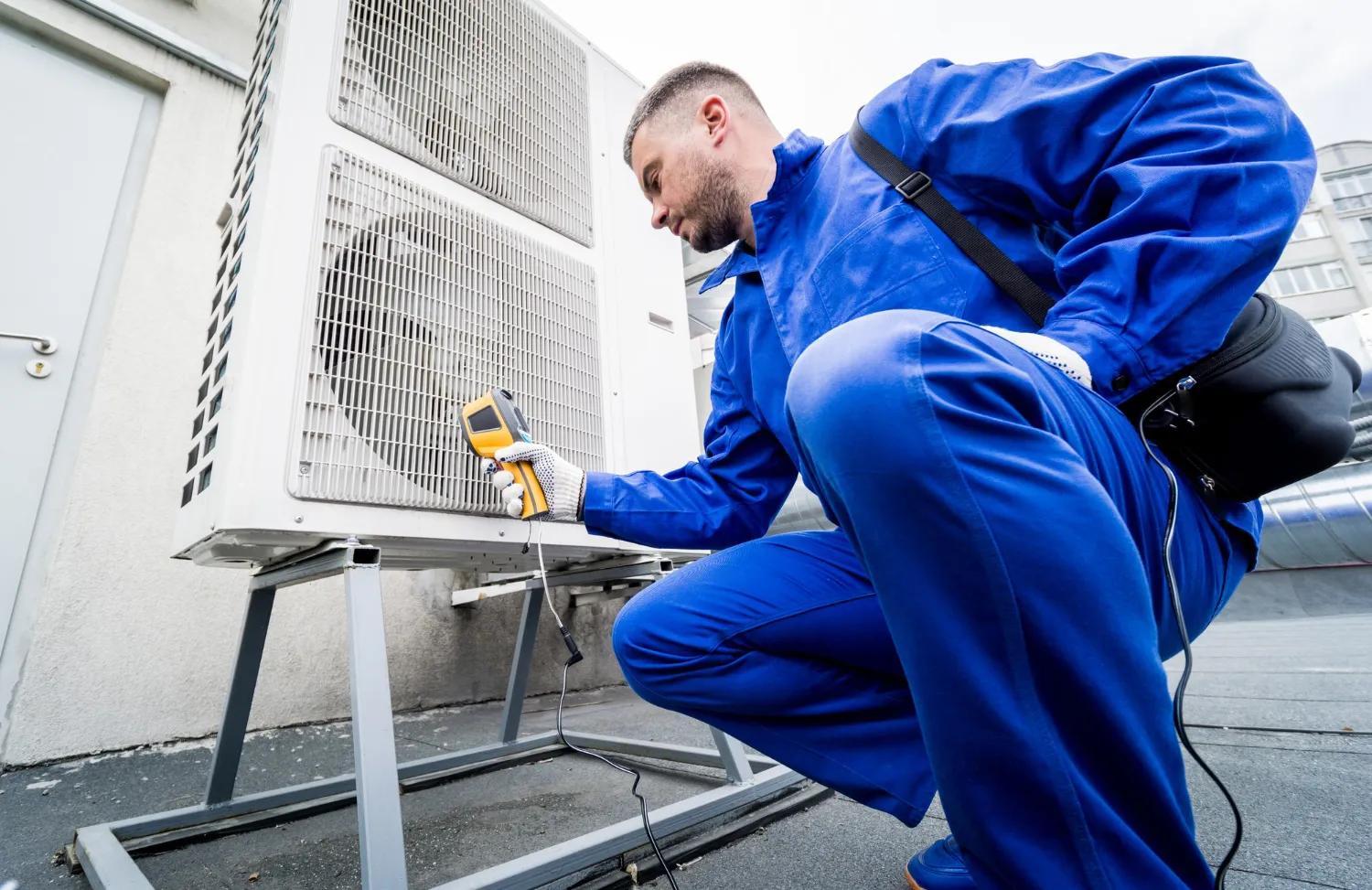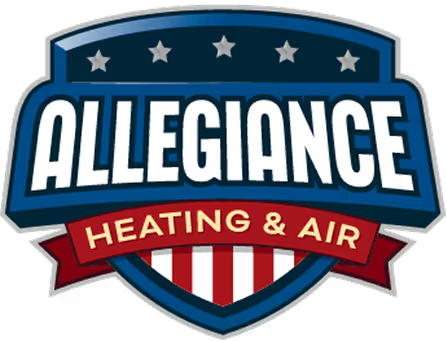
Geothermal HVAC systems are gaining popularity for their efficiency and environmental benefits. Unlike traditional heating and cooling systems, geothermal units use the stable temperature of the earth to regulate indoor temperatures. This method significantly reduces energy consumption and offers a sustainable alternative for homeowners.Understanding how geothermal HVAC systems improve energy efficiency and recognizing their components can help you make an informed decision.
Understanding Geothermal HVAC Systems
Geothermal HVAC systems harness the natural thermal energy stored beneath the earth’s surface to heat and cool homes. This technology utilizes a series of underground pipes filled with a water solution that absorbs and transfers heat. During winter, the system retrieves heat from the ground and distributes it indoors. In the summer, the process reverses, pulling heat from the home and releasing it into the cooler ground.These systems rely on the earth’s stable temperature, which remains consistently moderate compared to the air above. This consistency allows geothermal systems to operate efficiently regardless of outdoor weather conditions. The absence of combustion processes also makes geothermal systems safer and environmentally friendly.
Types of Geothermal Systems
1. Closed-Loop Systems: These loops circulate an antifreeze solution through a closed network of pipes. The pipes can be buried horizontally or vertically, depending on space availability.2. Open-Loop Systems: These systems use groundwater as the heat exchange fluid that circulates directly through the geothermal heat pump. After heat exchange, the water is returned to the ground.3. Hybrid Systems: A combination of geothermal resources with additional heating or cooling sources to maximize efficiency.
Common Components of a Geothermal HVAC System
Several key components make up a geothermal HVAC system, each playing a crucial role in its operation. Understanding these parts can help you appreciate how the system functions and why it's efficient.
Heat Pump
The geothermal heat pump is the heart of the system. It circulates the water or antifreeze solution through the underground pipes. The pump absorbs heat from the ground during the winter and releases it to cool your home in the summer. This dual functionality makes the heat pump a versatile and essential component.
Ground Loop
The ground loop is a network of pipes buried underground. These pipes can be placed horizontally or vertically, depending on available space and soil conditions. The ground loop absorbs and releases heat, making it a critical element of the system. The quality of installation significantly impacts the system's efficiency, so it’s important to have it professionally installed.
Distribution System
The distribution system in a geothermal HVAC setup distributes the heated or cooled air throughout your home. This can be done through traditional ductwork or radiant floor systems. Efficient distribution ensures even heating and cooling across all rooms, contributing to overall comfort.
Auxiliary Components
1. Buffer Tanks: These tanks help manage the temperature and pressure of the circulating solution, ensuring smooth operation.2. Thermostats: Modern thermostats offer precise control over the system, optimizing energy use and maintaining desired indoor temperatures.
How Geothermal HVAC Systems Improve Energy Efficiency
Geothermal HVAC systems significantly improve energy efficiency by leveraging the earth's consistent temperatures. Traditional HVAC systems struggle with efficiency due to fluctuating outdoor conditions. In contrast, geothermal systems operate efficiently year-round.
Energy Savings
1. Reduced Energy Consumption: Since geothermal systems use the earth’s stable temperature, they minimize the need for external energy sources. This reduces the total energy consumption for heating and cooling.2. Heat Transfer Efficiency: The direct heat exchange between the ground and the system ensures minimal energy loss. Geothermal systems achieve efficient heat transfer due to the earth's consistent underground temperatures.3. Lower Operational Costs: By using less energy, geothermal HVAC systems result in lower utility bills. Reduced energy usage also means less wear and tear on the system, leading to lower maintenance costs.
Environmental Benefits
1. Reduced Carbon Footprint: Geothermal systems do not burn fossil fuels, reducing greenhouse gas emissions. This makes them a cleaner alternative to traditional HVAC systems.2. Sustainable Energy Use: Utilizing the earth's thermal energy ensures a sustainable and renewable energy source. This approach contributes to environmental conservation efforts.3. Minimal Environmental Impact: The underground installation of geothermal systems limits surface disruption, preserving the landscape and ecosystem.
Professional Geothermal HVAC Services in Clarksville, IN
Professional geothermal HVAC services are essential for both installation and maintenance. Opting for expert services ensures your system operates at peak efficiency, providing you with reliable heating and cooling throughout the year.
Installation Services
1. Site Evaluation: Our professionals evaluate your property to determine the best type of geothermal system and the optimal placement for the ground loop.2. System Design: Customized designs ensure the geothermal system meets your specific needs, from sizing the heat pump to designing the ground loop.3. Professional Installation: Proper installation is vital for system efficiency. Our technicians handle the entire process, from drilling and pipe laying to integrating the heat pump and distribution system.
Maintenance and Repair Services
1. Regular Inspections: Routine check-ups help identify potential issues early, ensuring your system runs smoothly.2. System Tune-Ups: Periodic maintenance, including checking the ground loop, heat pump, and distribution system, keeps your HVAC system efficient.3. Emergency Repairs: Our professionals are available for emergency repair services to address any unexpected issues, ensuring your home stays comfortable.
Conclusion
Geothermal HVAC systems offer a sustainable and efficient way to heat and cool your home in Clarksville, IN. By understanding the system's components and the benefits they provide, you can see why geothermal HVAC systems are a smart investment. Opting for professional services ensures your system is installed and maintained correctly, maximizing its efficiency and lifespan.When you need reliable geothermal HVAC service in Clarksville, IN, trust Allegiance Heating & Air. Our experienced technicians are dedicated to providing top-notch services to keep your home comfortable year-round. Contact us today to ensure your geothermal HVAC system operates at its best!
Contact Us Or Schedule Expert Service
Other Blogs
ready to transform your home?
Discover our exceptional home services tailored to meet your needs and enhance your living space.

WHAT OUR CLIENTS HAVE TO SAY ABOUT US

RELATED ARTICLES

Professional Home Air Quality Testing in Jeffersonville, IN

Help! My Heat Pump Is Blowing Cold Air in New Albany


